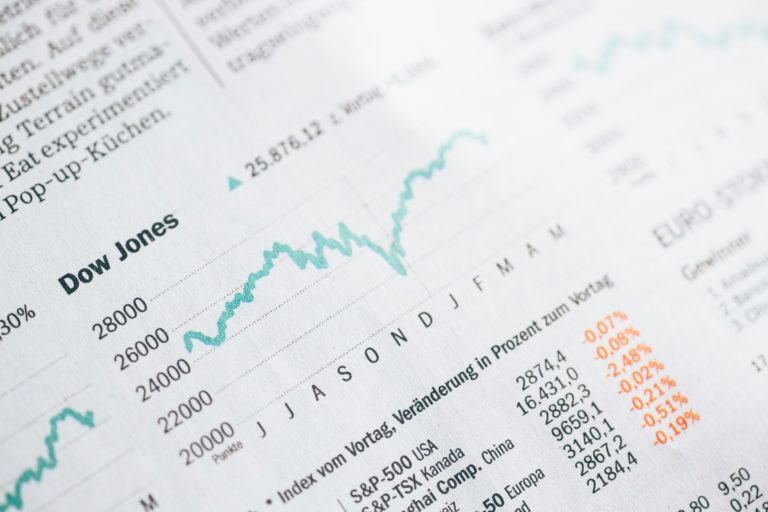If you’re new to investing, you probably have plenty of questions. How does maturity work? Should you invest in mutual funds or stick to savings accounts with your financial institution? Will investing impact your cash flow? These are all common questions. However, one that seems to pop up time and time again has to do with interest rates.
In particular, many prospective investors wonder just how they can score a higher rate of return on their investments. Unlike credit cards, where lower rates are preferred, you want a higher internal rate of return to ensure that you’re turning a profit. But there’s more to finding a good interest rate than the initial number. Here are a couple of things to keep in mind about interest rates as you set out to invest.
Interest Rate Basics
Whether you’re looking into a certificate of deposit (CD), a mutual fund, or even a rental property holding, chances are you’ll want a higher interest rate on your initial investment. While this might seem ideal, your overall internal rate of return will depend on a few key factors. First, your credit score can impact the interest rates available to you. If your credit score is too low, you may even be barred from certain investments, just like certain lenders won’t give you a loan. Also, for some investments, your cash flow can impact your potential for capital gain. You’ll also be restricted from partaking in higher risk investments.
On top of this, while a higher interest rate may be appealing for beginning investors, it’s important to consider compound interest, maturity and your investing time period. Some investors will only invest for a short period of time. In this scenario, the investor is expecting a quicker investment return. For other investors, maturity is more important for their dividends. Maturity helps ensure that even a small present value can turn into a larger future value by the end of the period. You need to take this into account when you’re developing an investment strategy.
Good Investment Rates
If you’re looking for a solid investment return, you may want to stick to investment options that hover around average rates. Your annual rate will also depend on how aggressively you invest. If you’re an active investor, you can reach an annual percentage rate of 15% for a good investment. However, even if you have top-tier investment advice and rock-solid past performance with your capital gains, a reasonable annual percentage yield is between 7-10% depending on the financial products you choose. Many investors make minimal interest income and tend to hover around the 2-3% range. Even if you’re aiming for the highest rate possible, you still need to make smart investment decisions if you want to hit those benchmarks.
Often, this means that you need to adopt a mindset of long-term goals and long-term investments. If you’re unsure of where to begin or how certain investments could impact your tax return, you may want to start with a financial calculator. If that doesn’t provide enough detailed information, it’s in your best interest to work with a financial advisor. Many advisors dedicate their time to working with investors and can help you decide between CDs, money market accounts, brokerage account offerings and the bond market. They can also help you avoid discrepancies on your tax return.
Achieving an ideal rate of return takes work. With factors that can impact your annual rate and the wide variety of offerings, it can get overwhelming for new investors. It’s always a good idea to compare investment rates with calculator tools and financial advisement sites. If you want a solid annual rate of return, be prepared to invest regularly and somewhat aggressively. There’s a steep learning curve, but it can be done.






